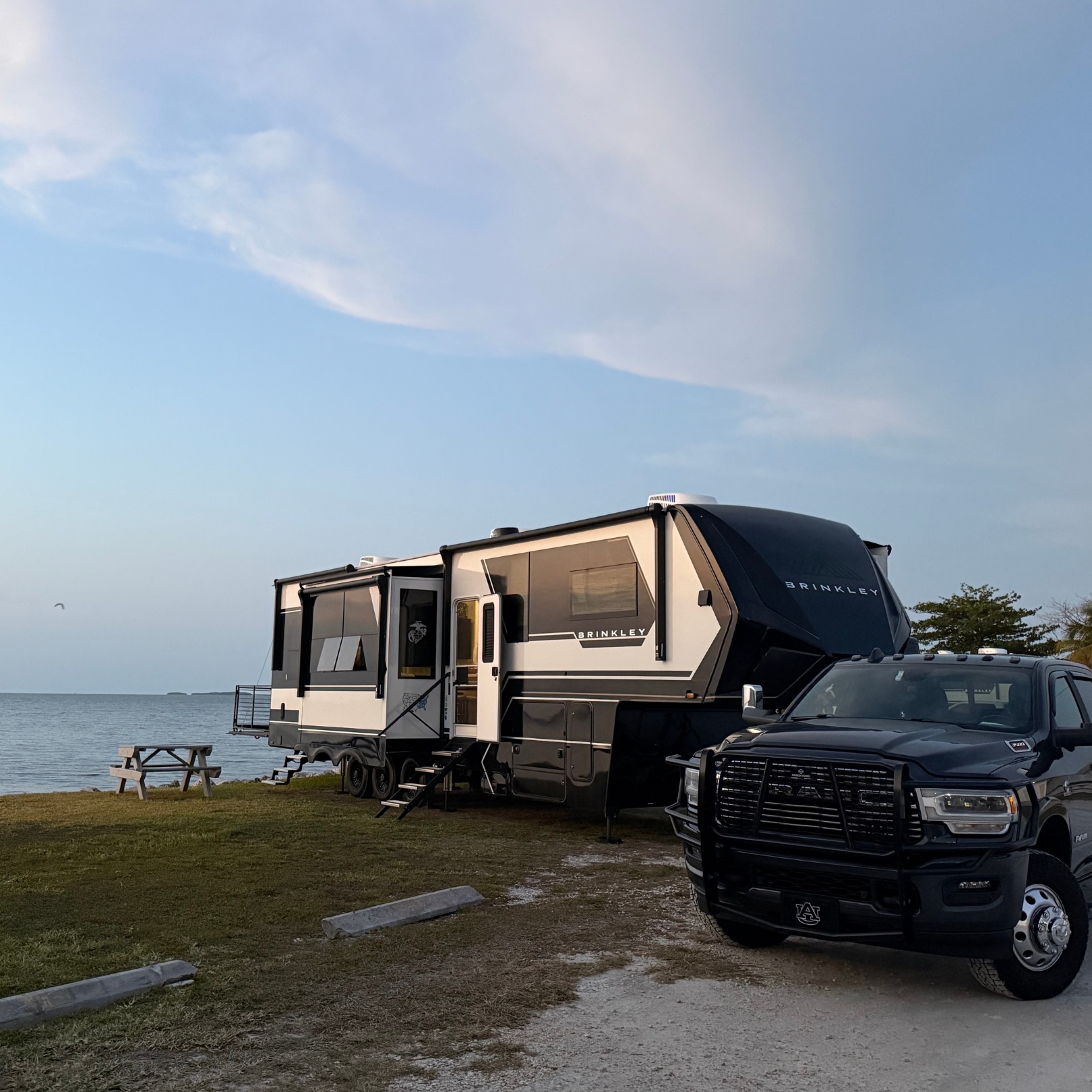Getting Started: Information You'll Need
Before requesting quotes, gather these essential details:- Your name, date of birth, and contact information
- Primary residence address and vehicle storage location
- Vehicle specifications (make, model, and VIN/HIN for boats)
- Estimated annual usage
- Previous insurance claims or incidents from the past five years
- Duration of your current insurance policy (if applicable)
Compare Coverage Options
Even when time is of the essence, comparing insurance options is crucial. Many recreational vehicle owners save hundreds annually by taking time to review different policies.Choose Your Coverage Levels
Insurance needs vary significantly between RVs, boats, and powersport vehicles. While state minimums exist, consider comprehensive coverage that protects your investment. Recommended coverage options to consider:- Liability coverage for property damage and bodily injury
- Comprehensive coverage for non-collision damage
- Collision coverage
- Specialized coverage for personal belongings (particularly important for RVs)
- Emergency assistance and towing
- Total loss replacement for newer vehicles
- Vacation liability for RVs
- Watercraft-specific coverage for boats
- Off-road coverage for powersport vehicles
Finalizing Your Policy
After selecting your preferred coverage, you'll need to provide:- Vehicle identification number (VIN) or hull identification number (HIN)
- Driver's license information
- Current insurance documentation
- Details about vehicle modifications or special equipment
- Financing information (if applicable)
- Storage facility details
- Safety certification information
Potential Delays to Consider
While same-day coverage is usually available, certain factors might affect processing time:- After-hours applications may be processed the next business day
- Document verification issues
- Incomplete or inaccurate information
- Specialty vehicles requiring additional underwriting
- Seasonal restrictions for certain vehicle types
Special Considerations
Lastly, here are special considerations you’ll need to keep in mind for each individual class of vehicles.- RVs: Class type, usage (full-time vs. recreational), and storage location
- Boats: Navigation areas, seasonal usage, and storage arrangements
- Powersport Vehicles: Usage type (recreation vs. racing) and storage conditions

